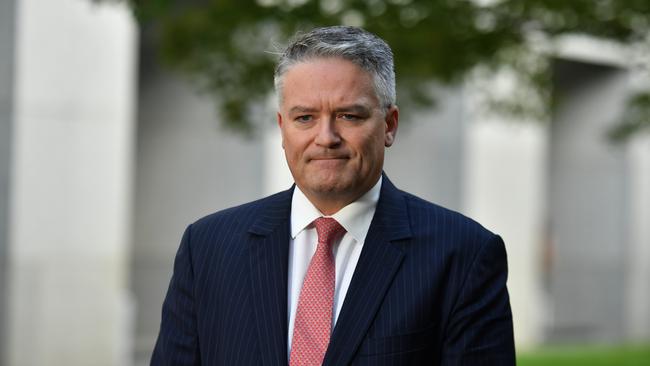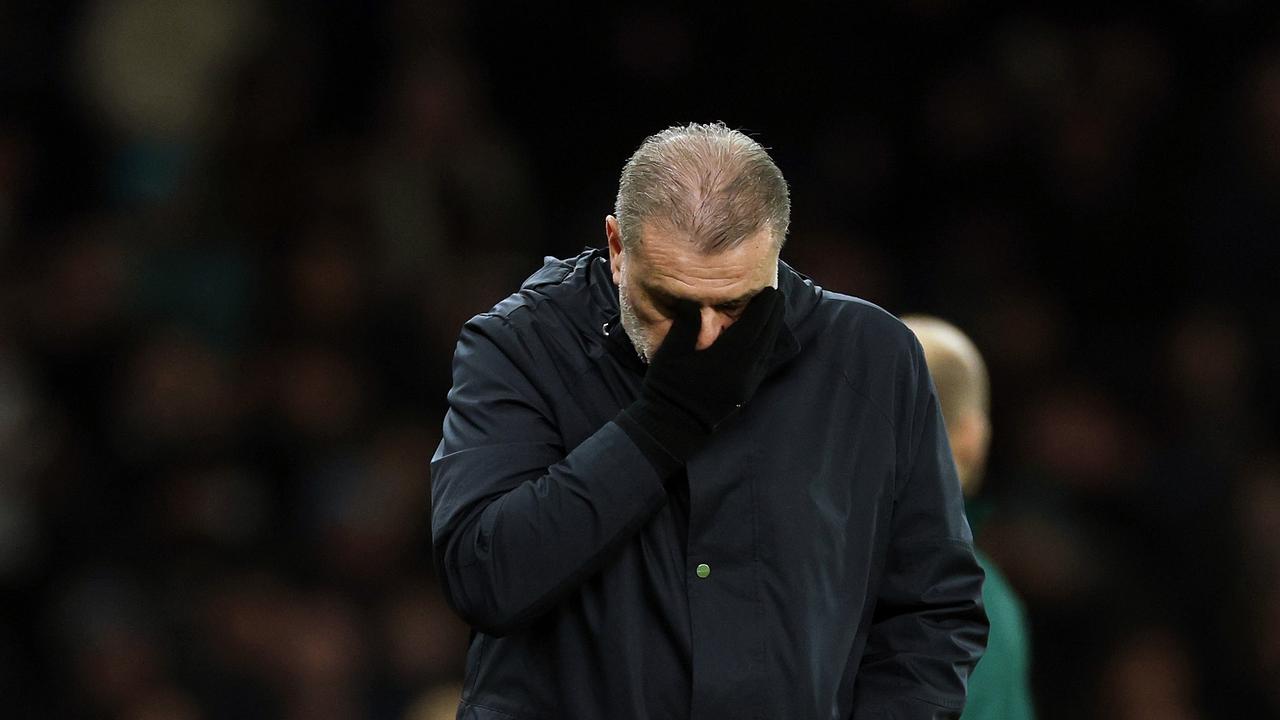
Australians elected the Coalition to govern by liberal principles. Voters rejected Labor’s proposal for big government, bigger debt and uncosted environmental policy. Australians did not welcome the prospect of tethering the unborn to an intergenerational debt burden they took no part in creating.
Moral societies understand they owe gratitude to the generations born before them and bequeath freedom to those born after them. It is the most vital principle of conservative culture. And it is the principle that should govern the response to the COVID-19 outbreak.
Scott Morrison has described the COVID-19 disaster as a dilemma between health and economic policy. Thus far, health experts have driven the national response. Earlier in March, the government developed a $2.4bn coronavirus National Health Plan.
Last week, the Prime Minister announced the establishment of a National COVID-19 Co-ordination Commission to be chaired by Neville Power, the former chief executive of Fortescue Metals. The appointment of Power will provide the government with economic advice to balance the long-term economic health of the nation with the shorter-term effects of the coronavirus.
Already, the government is considering a wage subsidy to support recently retrenched employees.
Like the rest of Australia, politicians spent most of March trying to grapple with the sudden onset and rapid spread of COVID-19. Containment measures include travel bans, testing, monitoring self-isolation and restricting social gatherings. On Friday, the Prime Minister introduced a mandatory supervised two-week quarantine in hotels for people returning from overseas.
Good hygiene and social-distancing measures are clearly sensible. We know that COVID-19 is highly infectious. Without social-distancing measures, one COVID-19 carrier will infect 400 people in a month. According to Deputy Chief Medical Officer Paul Kelly, around one in 10 (8.7 per cent) cases requires hospitalisation. If anyone thinks sending 40 Australians to hospital is a fair price for a round of golf or a trip to the beach, they don’t deserve to live here. We deport people for less.
We have the great fortune of living in a country with relatively low population density and relatively high public safety. We can walk around the block instead of going to the gym, use local produce to cook meals and buy online to support Australian businesses. We have a generous social safety net and a government committed to the long-term health of our people and economy.
Still, in the coming weeks and months, Australians will be tested as never before.
The coronavirus pandemic has produced the three crises of disease, debt and democracy. In Australia, the disease-debt dilemma has not yet developed into a trilemma where the foundational freedoms of liberal democracy are at risk. However, the impact is serious even during these early stages. If Australia were to follow the example of China or Europe, further restrictions could curtail rights that free-world citizens take for granted, such as freedom of movement and association.
The loudest voices calling for a total lockdown of Australian society tend to be those shielded from economic ruin, namely people with abundant financial reserves and public sector workers.
The voters who swung the election in the Coalition’s favour — Scott Morrison’s “quiet Australians” — have been left more exposed. While many will be offered financial relief by the government, social security is debt we have to repay. It is not a gift.
Two weeks before the last election, Morrison outlined the electoral choice for voters. He wrote: “Vote for your local Liberal and Nationals candidate, and you will get a government with a plan to maintain Budget surpluses, pay down Labor’s debt and lower your taxes”.
The Coalition government would deliver “a stronger economy with more jobs.” By contrast, Labor would offer higher taxes and budget deficits.
No one expects the government to deliver a budget surplus in the wake of COVID-19. But we do expect the election mandate not to be trashed. Blowing millions on state-run discretionary programs and non-essential services while private businesses are being forcibly closed is a situation no party founded on classic liberal principles should permit.
The economic pain of COVID-19 will be long term, but a Liberal-led government cannot usher in a future where the public sector is protected while the private sector is shut down.
In some quarters, there is unquestioning belief that the pandemic justifies limitless government spending.
At the very least, COVID-19 funding should be offset by public spending cuts. There are numerous government agencies and consultancy services that are non-essential. There are billion-dollar non-essential programs in higher education. There is a vast bureaucracy with duplicated services and non-essential roles.
State and local governments should present a savings plan to assist national efforts to curb the spread of COVID-19. For a start, Australians could reasonably expect that all of the funds public sector organisations have allocated to travel will be returned to the government.
Australian politicians are highly paid. They can lead the way on COVID-19 by agreeing to a pay cut, not the pay freeze proposed by Finance Minister Mathias Cormann.
The time is right for MPs and the public sector to show we are in this together by sharing the economic pain.



